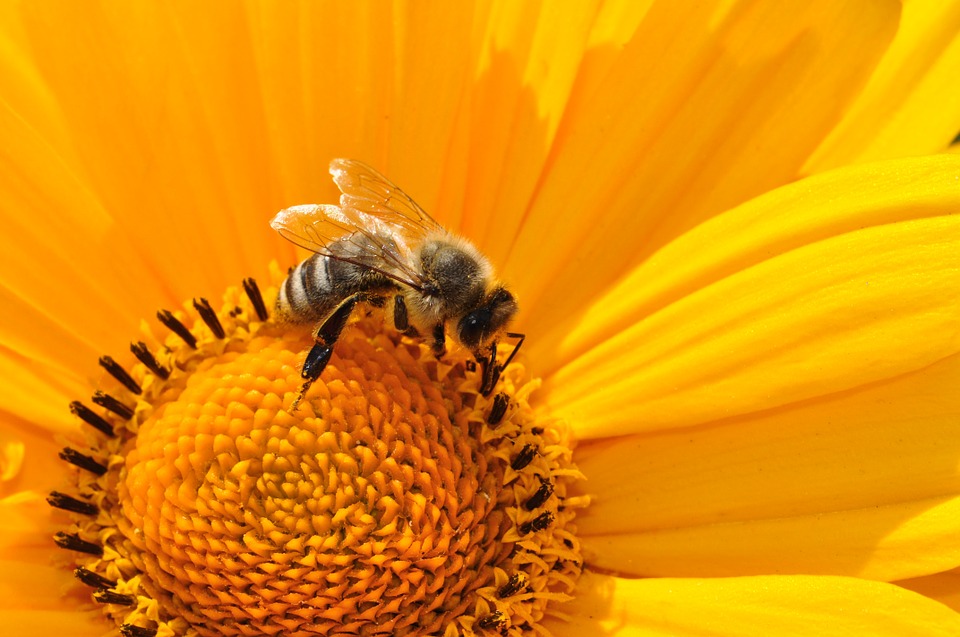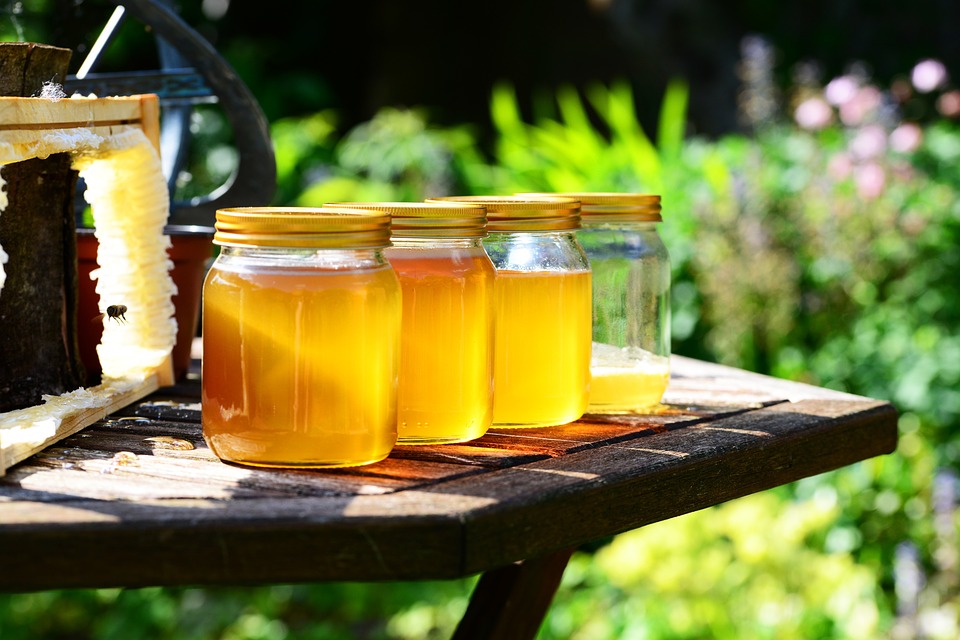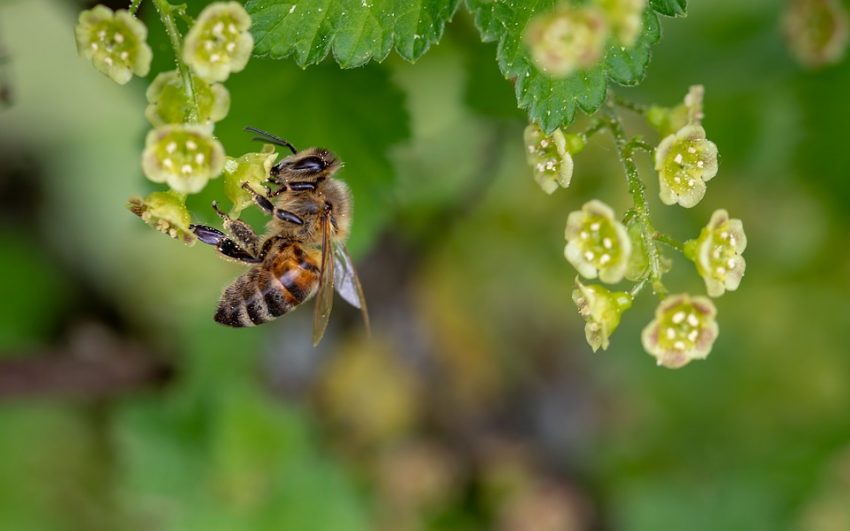Bees have been disappearing for several years now, a phenomenon that never ceases to worry specialists. But what would happen if these precious pollinating insects were to disappear completely?
1) Scarcity of Plants
The pollination carried out by bees is absolutely essential for the regeneration of the planet’s trees and plants. Without pollination the plant world would not be the one we know today because it could not reproduce at its current velocity.
Of course there are other pollinating insects, butterflies for example; however none of them have the colossal pollination capacity that bees and bumblebees have. The major difference between bees and other insects is that bees pollinate flowers in order to feed themselves and bring pollen back to the hive for the whole community. In fact, for the bees the act of pollination is an essential work for the survival of the colony.
Bees pollinate exhaustively all the floral mass they can reach, making sure that the pollen from the female and male flowers carried by the meticulous bees reaches each flower. In this way life is inseminated and regenerated among the flowers of plants and trees, so that the plants can reproduce thanks to the exchange of pollen that the bees carry on the hairs of their bodies and on the corbiculas (the bees have a kind of small basket that they have on their hind legs that they use to accumulate pollen).

2) Loss of Nutrients and Vitamins
Domestic or wild, bees are part of ecosystems. Thus, all the productions resulting from the interactions between bees and their environment are called “ecosystem services”, i.e. services offered by nature that benefit the well-being of humanity.
The best known service is that which allows the production of honey, pollen, wax, royal jelly or propolis. The benefit that is derived from this service consists of the nutritional value of consuming honey, but also of a financial rent for beekeepers.
The dependence of agriculture on pollinating insects is unevenly distributed. While all countries in the world are dependent, some are more dependent than others. Thus, we observe highly dependent regions (North America, Europe, North Africa).
Humanity would therefore not starve to death as a result of a total decline in bees, but the consequences would still be significant: 40% of the nutrients we consume come from crops that depend on bees, 90% of which are vitamin C.
3) Economical Imbalance in Agriculture
Not only do bees make a major contribution to our diet, but also to the economic balance of agriculture. To understand what the real consequences of the disappearance of the bees would be, let’s take the example of a strawberry grower who suffers from a pollination deficit. This will affect his yields and thus increase the marginal costs of his farm. His profit will decrease. But if the pollinator deficit does not concern one farmer, but a whole territory, then the supply of strawberries in that particular country will decrease. This will result in an increase in the market price of strawberries, which will mean that consumers will pay more for their local product as well as imported strawberries.

4) Affect the Fauna and Flora
To this must be added the contribution of these insects to the production and reproduction of the wild fauna and flora that make up our urban and rural landscapes. Bees in fact offer a non-market service – the maintenance of ecosystems, which indirectly will provide us with other services (for example, the amenities provided by a field of flowers).
5) Other Disasters Within the Ecosystem
Finally, the consequences would not only be observed in the markets. The loss in biodiversity would be terrible. Some impacts could be invisible, because pollination is intertwined with other processes within ecosystems. Others would be more visible, because they are related to landscaping and more particularly to the value we give to the aesthetics of landscapes.
Bees are species that have a great place in the life of humanity so it is important to protect them!

